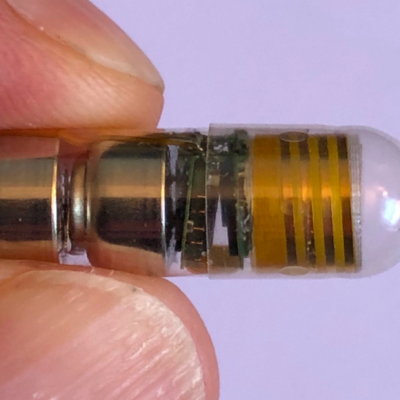Cocaine is one of the most popular drugs in the world, causing short-term euphoria but long-term disruption to the brain’s ability to experience happiness. A recent study has analyzed the processes involved in this disruption. Cocaine is known for its ability to activate the brain’s reward center, causing euphoria and a sense of increased performance. However, frequent use can lead to overstimulation and a decrease in the ability to experience pleasure from positive experiences. Scientists at the Icahn School of Medicine at Mount Sinai have investigated how cocaine affects the dopamine signaling pathway, also known as the “happiness hormone,” and how this affects the brain’s reward system and ability to experience happiness.
The researchers used functional magnetic resonance imaging (fMRI) to compare the brain activity of cocaine addicts with that of healthy individuals. The participants were asked to choose between a safe monetary reward and a riskier option with the potential for greater or lesser rewards. The analysis showed that both groups had similar expectations of reward, but the reward signals in the brains of cocaine addicts were significantly weaker than those of non-users. This reduced reward signal appears to spread to other brain regions, affecting the brain’s ability to update expectations for future situations. The study also found that cocaine addicts tend to be more willing to take risks, particularly those who started using the drug at a young age.
The researchers suggest that interventions aimed at improving the perception of received rewards could be a valuable component of addiction treatment. They emphasize that addiction is a disorder, not a choice or moral weakness. The study sheds light on the complex processes involved in cocaine addiction and provides insights into potential treatment strategies.










